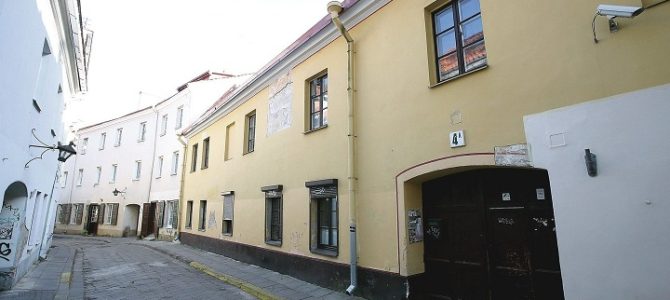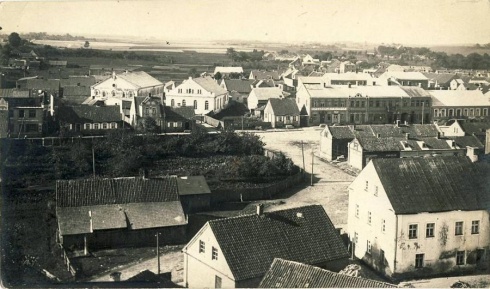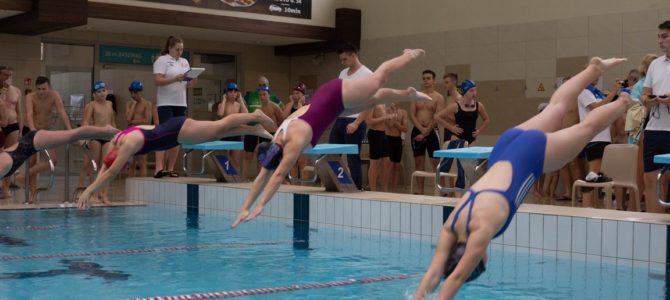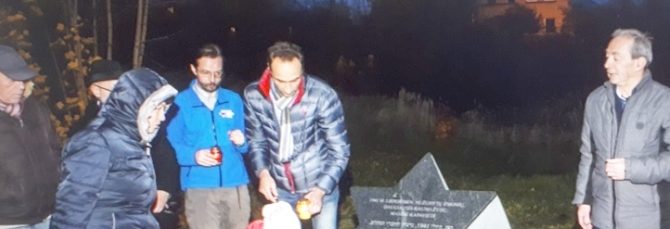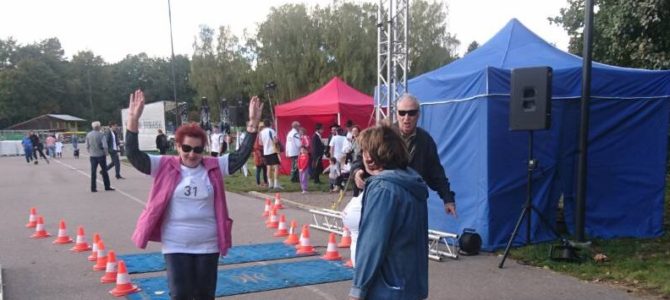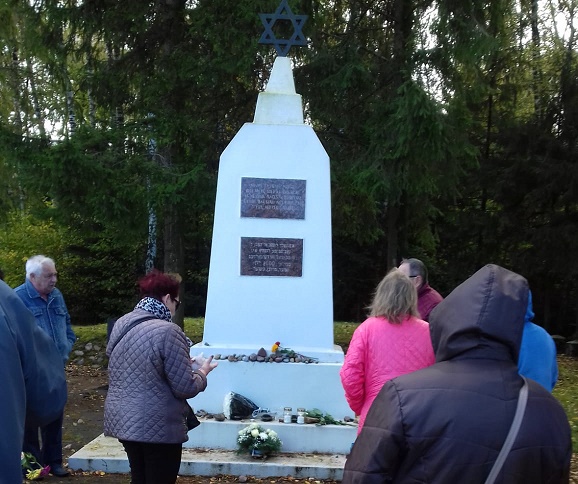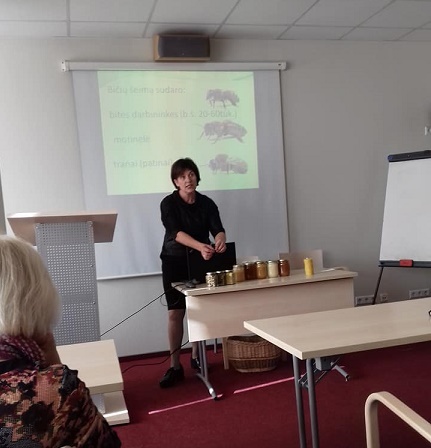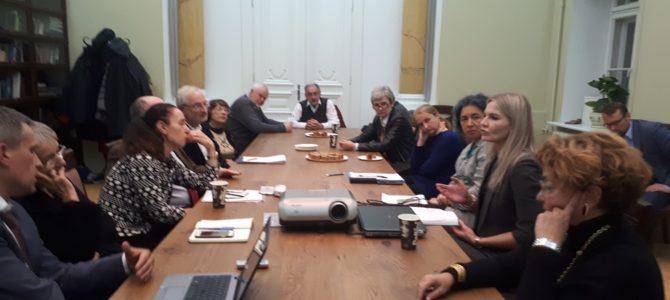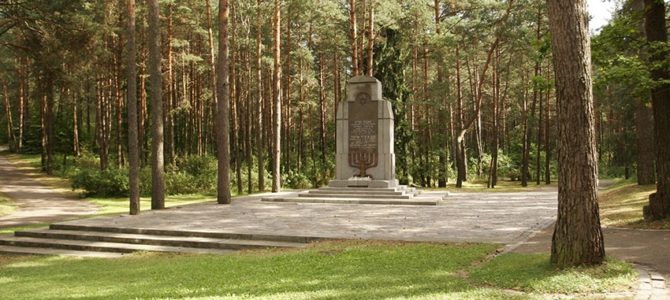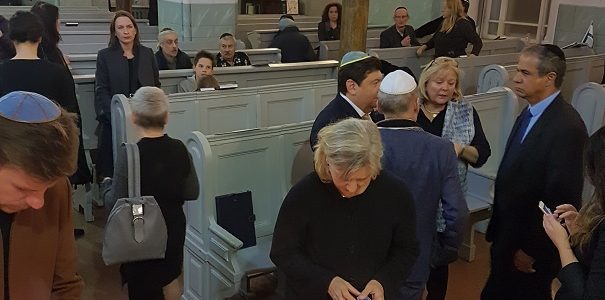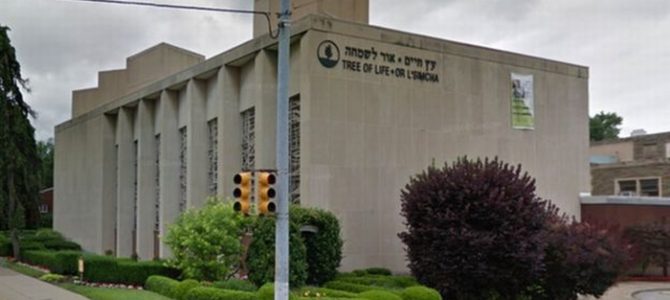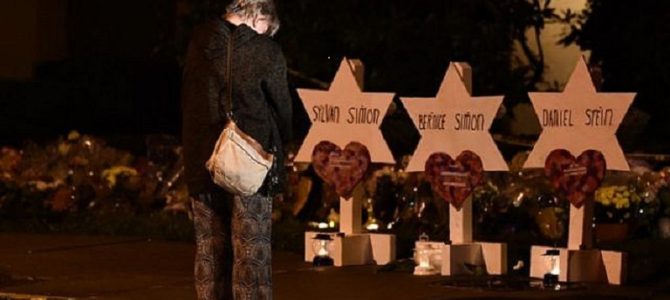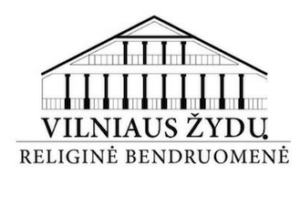The current city government talks about the density of population in the city center, but they should look back into history when, before World War II, there were from between 200 and 500 residents living in every building on Jewish Street. The most highly-populated buildings in Vilnius. Although it’s difficult today for us to imagine a building with ten people living in every apartment, that’s how it was in the Jewish Street neighborhood. In the 19th century and the period between the two world wars, Jewish Street was the Jewish center and axis, known not just for the number of its inhabitants but also for its abundance of houses of prayer. The buildings were filled to overflowing with shops and different venues for study and entertainment.
Full article in Lithuanian here.



















